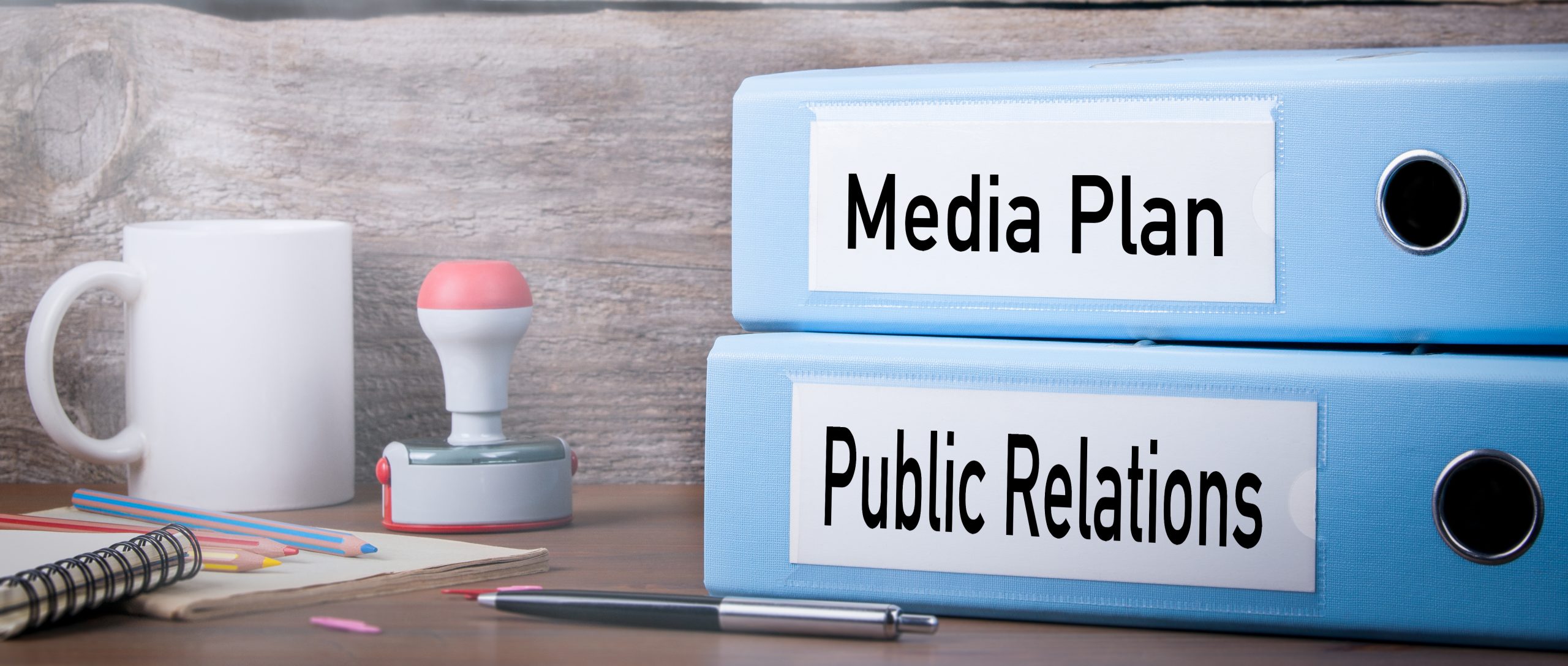Tips for waging a successful public relations campaign
Keeping a law practice in the public eye is a challenge given the incredible amount of competition for media exposure within the legal community. Maintaining visibility requires a commitment to an ongoing public relations campaign that builds personal relationships with media professionals. To make sure the effort pays off, here are a few best practices.
Determine a target audience, whether local, national or international, and research what types of publications that audience reads. Most PR professionals have access to media databases that can quickly target the appropriate news outlets, but a Google search can also be effective.
Learn the publication’s deadlines. Whether online, on air or in print, every entity, article or newscast operates on a deadline. Find out how far in advance reporters and editors need to work on a story. Knowledge about editorial calendars allows for planning outreach in advance.
Know when to pitch a story or an idea, how to pitch, where to pitch, and how to follow up. If an editor or reporter is on deadline, it is not a good idea to reach out right before they go to press unless the pitch involves breaking news.
When planning to pitch a publication about a legal victory, consider whether the news is truly newsworthy. Is it unique or does it have legal significance? For example, is the firm’s legal victory precedent setting? Be honest and realistic.
When pitching, be clear and concise up front, and communicate why the reporter or editor should be interested in the story idea or article. Media outlets appreciate pitches that are timely, relevant, have a local angle if it’s a local publication and tied to a current or upcoming event. Something new and timely may be more likely to be picked up than an evergreen topic, but publications do accept evergreens.
Understand that articles and stories can take time to publish – it is all about spacing and prioritizing for time sensitivity. Understand too, that the story could get bumped in favor of later-breaking or more significant news.
If a reporter does choose to cover a story and sets up an interview, there should be no expectation that the quotes will be used. At the very least, you and your firm will build a relationship with and become a resource for the reporter. Being quoted or interviewed can often lead to new opportunities with other media.
Dos/Don’ts
- Do not promise to be available and then renege on that promise. Do not offer to speak with a reporter regarding a client success without first checking with the client.
- Reporters are time starved, particularly these days. Don’t waste their time by pitching a story they have already covered or that isn’t relevant to their beat.
- If submitting an article, make sure it is the type of article the publication looks for and adhere to any editorial guideless, including word count.
- A pitch to a local publication should have a local angle.
- Do not ask the reporter or editor to share an article before it is published, whether it’s a reported piece or an article the firm submitted. Most editors or reporters will not provide access to an article before it is published and don’t appreciate being asked. The only way to truly control the message in the media is through paid advertising and pay-to-play articles.
Prepping for a media opportunity
- Research stories the reporter has previously covered to get a sense of their style.
- Research the topic thoroughly and be ready for the interview.
- Do a dry run with a marketing or PR person if necessary.
It is fine to ask the reporter if they know when the article or segment will appear. While some reporters and producers will send a link when the story publishes, many don’t, so keep an eye out for it. Setting a Google alert can be helpful for notification purposes.
There are many nuances to be aware of when engaging with the media. Relying on a PR professional can help ensure successful media relations, relieve pressure on the firm and increase the level of coverage. Before hiring a professional PR firm, make sure it has a deep list of media contacts and will be proactive in getting the firm the media coverage it is looking for.
 Ellen Keiley, CPC, is president of EMK Consulting Group, a public relations and business development firm for lawyers and law firms. She can be reached at [email protected].
Ellen Keiley, CPC, is president of EMK Consulting Group, a public relations and business development firm for lawyers and law firms. She can be reached at [email protected].
Share this story, choose a platform
Brought to you by BridgeTower Media
Free Weekly Newsletter
Recommended content
Reputational Management: Mitigating sexual harassment risks at law firm and legal industry events
Reputational Management: Mitigating sexual harassment risks at law firm and legal industry events By Gina Rubel Creating a safe and inclusive [...]
The modern approach to law firm sales and client onboarding
From initial contact to the first signed agreement, each interaction with a new client should reflect a firm’s professionalism, priorities, [...]
What comes before the zero draft? Exploring the negative draft
A negative draft helps writers clarify their thinking by reacting to what does not work. It’s an area where generative [...]
The lawyer’s brain in retirement: What changes and why it matters
Retirement can be daunting for anyone. But lawyers face special challenges when they suddenly disengage from the intellectual intensity of [...]






